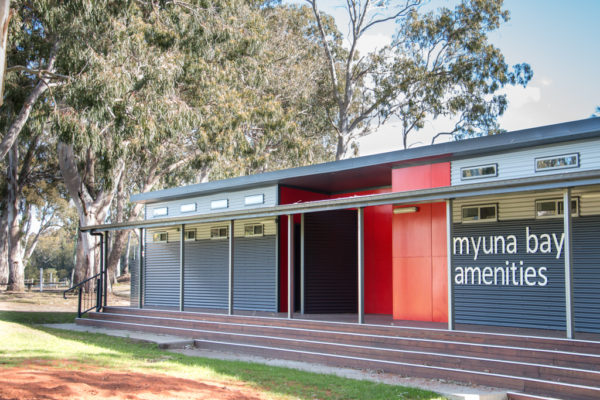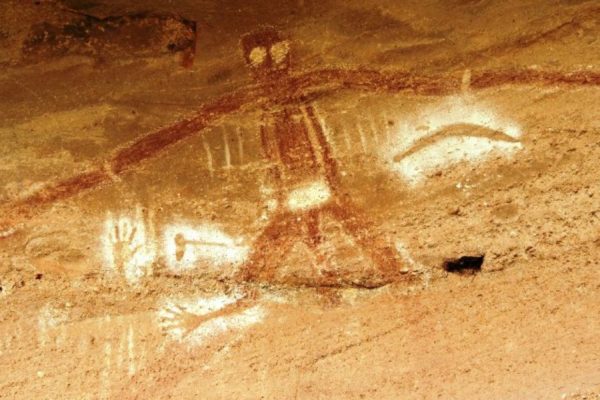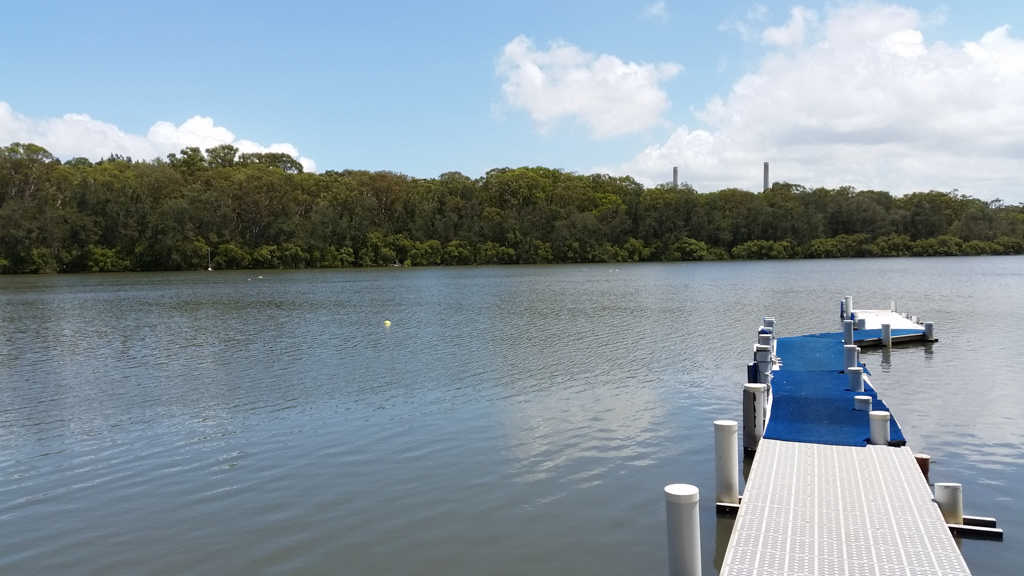KARI youth from our OOHC were taken out to Myunna Bay Sport and Recreation Centre to experience a variety of cultural programs. These programs strengthen ties to culture and community.
KARI’s Cultural Unit deliver cultural camps for Out-of-Home-care (OOHC) and these camps are a vital connection to identity. The camps ensure culture is maintained for our youth.
These camps are not just a cultural support service, but are a right of passage for our youth into becoming men and women.

Before the group departed, an Awabakal man was there to give the group permission to go out and visit the land they were staying on. It’s important to follow the protocol before going out onto another tribe’s land, and getting permission from a traditional owner before visiting is part of the protocol.
Once the group arrived on site, the Cultural Unit staff showed the youth how to scar a tree. Scarring a tree is the process of removing bark from a tree to make bark canoes or bowls. The staff got the group involved, allowing each youth to have a turn at breaking the wood off the tree before showing them how to carve the bowl.
After the group were shown how to scar a tree, the boys were taken on a walk to see what type of wood is used to make boomerangs.
The girls went on a nature walk to identify what type of flowers and fauna could be used for weaving.
At night, the group were separated to make doughboys, which is a smaller version of damper and watch films.
On the second day of the camp, an elder from Myunna came to the campsite to perform a smoking ceremony. This was to welcome the group to country.
After the smoking ceremony was performed, the youth and staff were taught how to do a cultural dance by the Elder, his grandsons and his nephews. The youth also helped the Elder and his nephews play the didgeridoo and the clapsticks that were brought along for the performance.
After the performance, the youth and staff headed offsite to go visit the Baiame cave with the Elder.

The Elder explained to the group that the Baiame cave is very significant to the area. This is because Baiame is understood to be the creator, or the ‘Father of All’. This makes Baiame the most important ancestor and law-maker.
The Elder went into detail about how Aboriginal law differs from non-Aboriginal law. The punishments for breaking Aboriginal law are much stricter than the punishments for breaking non-Aboriginal law. This is the respect for your mother, father and carers.
Once the group returned back to camp, there was an identity talk lead by the Cultural Unit staff. This talk encourages the group to be proud of who they are and where they come from. It empowers the youth to embrace their culture.
The experience provided to the youth over the course of the cultural camp is second to none.
This is due to the commitment of the KARI Cultural Unit to provide the youth in KARI care with a cultural experience that helps them connect strongly to their culture whilst also teaching them to be proud of who they are and where they come from.

